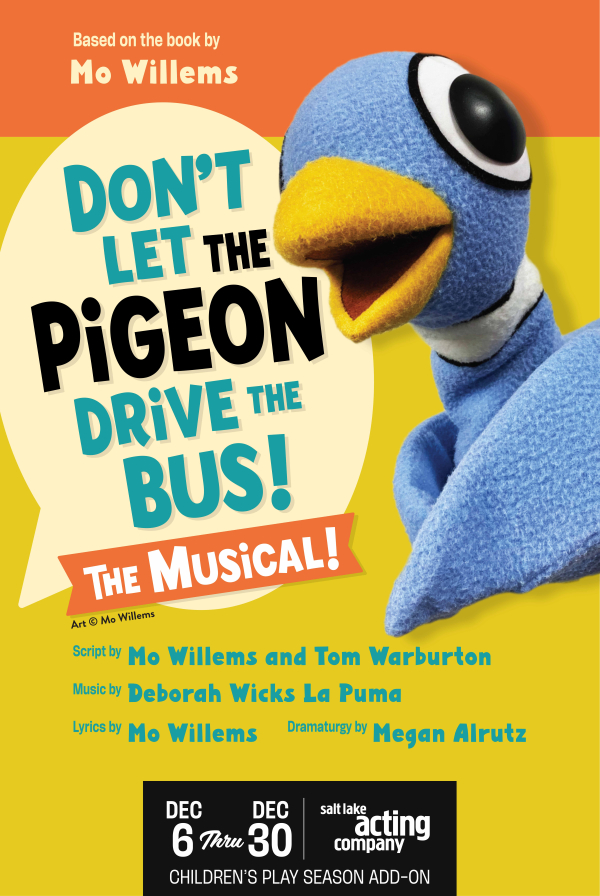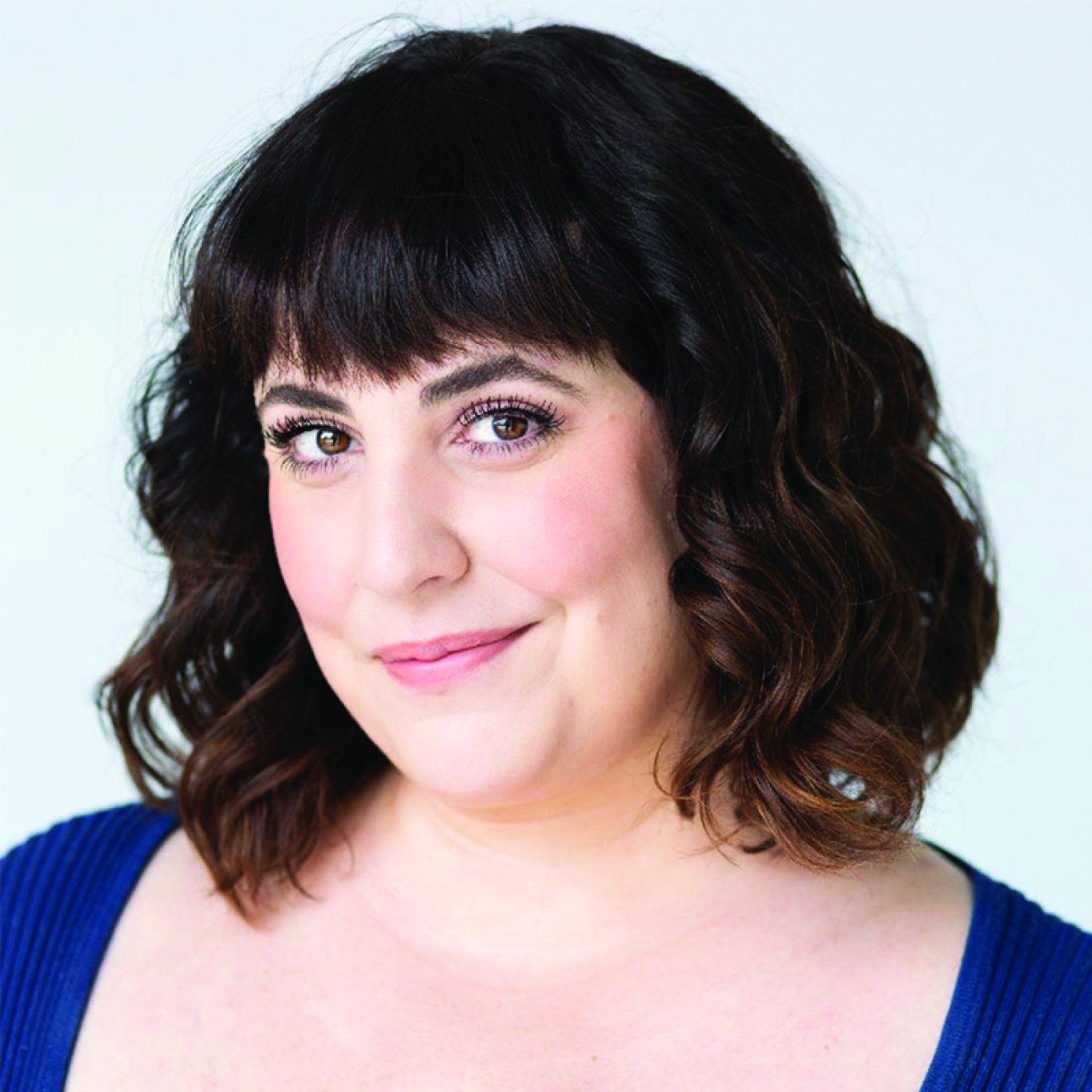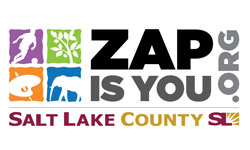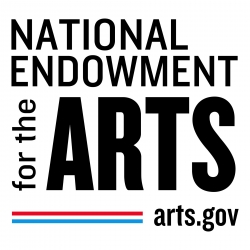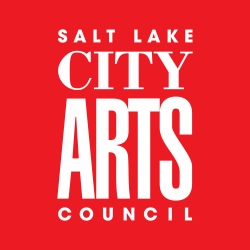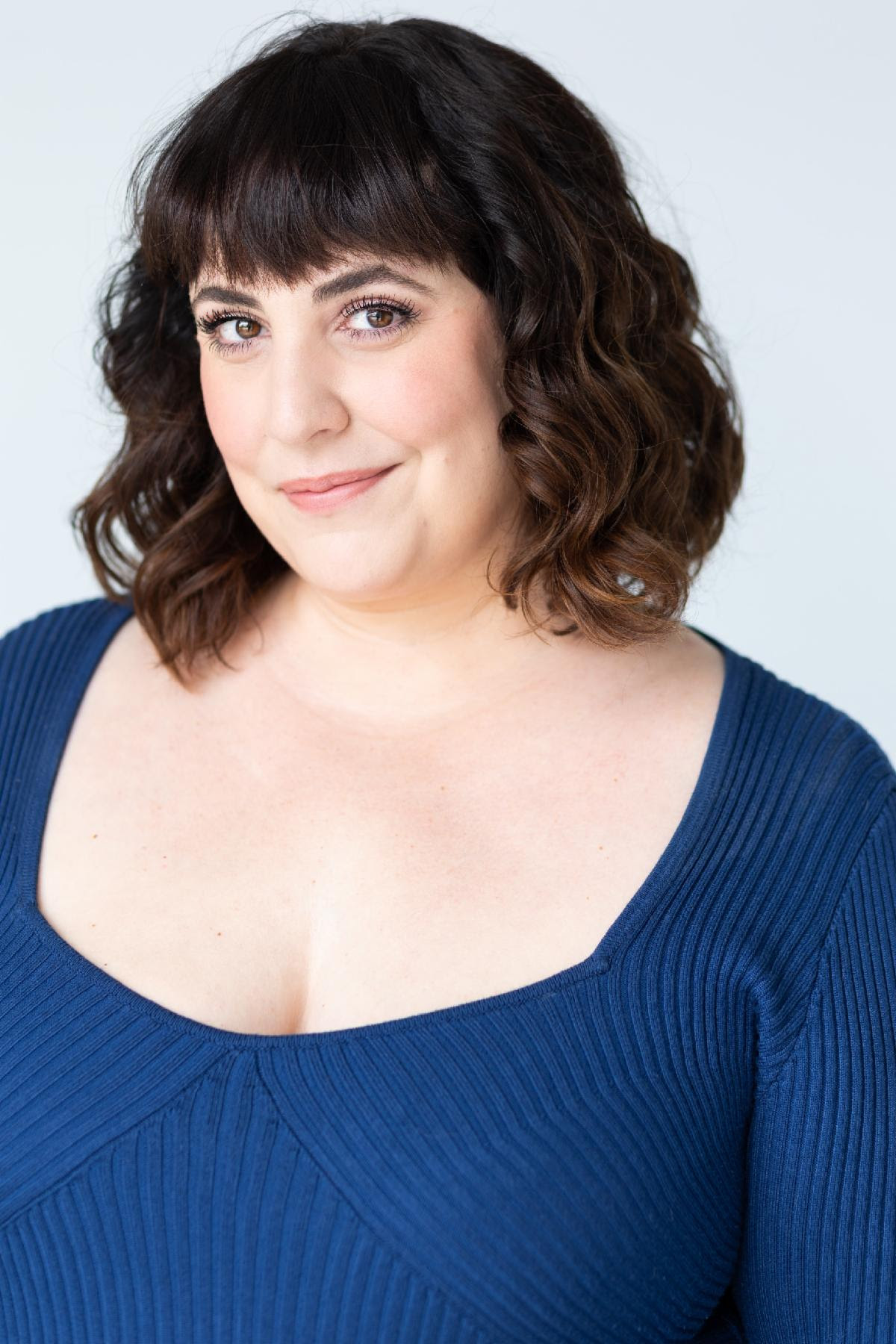 SLAC's Summer Show is a staple of the culture at Salt Lake Acting Company. It's the most joyous and celebratory time of year! Season renewals are happening, patrons dine in the theatre, and we all get to enjoy a hilarious musical comedy that only people that live in Utah will truly connect with. It's one of the most beloved shows here at SLAC, but what does it take to create something that makes audiences laugh year after year?
SLAC's Summer Show is a staple of the culture at Salt Lake Acting Company. It's the most joyous and celebratory time of year! Season renewals are happening, patrons dine in the theatre, and we all get to enjoy a hilarious musical comedy that only people that live in Utah will truly connect with. It's one of the most beloved shows here at SLAC, but what does it take to create something that makes audiences laugh year after year?
We talked to the wonderful playwright of A Beautiful Day in the Neighborhood, Olivia Custodio, about playwrighting and her process:
What are you most excited for the audience to experience with this year’s show?
SO many things. Most importantly, the cast. We called back 30+ insanely talented people during the audition process and had the impossible challenge of whittling that down to eight actors. You will be blown away by them. This year’s show requires a LOT of diversity from these actors; they each play many, many characters. Also, there are puppets. Incredible puppets. Glen and Linda Brown have knocked it out of the park again (you’ve seen their work in many SLACshows). And lastly, THE TABLES ARE BACK, BABY! Having the cabaret tables close to the stage adds such an amazing energy to the room. Bring your favorite summer snacks and some drinks. I hope you enjoy the show
What was your starting point/process, as a playwright, for A Beautiful Day in the Neighborhood? What goals and intentions do you set for yourself before you write something as specific as this show (parodying Utah culture, relevancy/importance, commentary)?
The one thing I’ve learned from writing plays over the past couple of years is that inspiration will hit you out of nowhere. I was literally driving in my car one day and for some reason I thought about how hilarious it would be if Brigham Young and Big Bird were combined into one character. Why did I think this? No idea. Welcome to my brain. But that random thought got me thinking about Sesame Street and all of the classic PBS shows that influenced generations and wondering why we have such a strong sense of sentimentality around them. (I know I’m not the only one who cries at Mister Rogers’ Neighborhood clips!) So many of these shows were created specifically with equity, diversity, kindness, empathy, and access to education in mind. We think we’ve come so far in 2023, yet those basic principles have in some ways become even more contentious than when they premiered on TV decades ago. (Did you know that Mississippi actually banned Sesame Street for awhile in the early 70s?) What would it look like if these shows were trying to get through to us today, dealing with the problems and hardships that weigh on us as adults in this day and age? My goal with this show (both last year and this year) is to examine Utah life while taking into consideration the the variety of the people who live here. I’m not interested in making fun of one group of people or not trying to understand where they’re coming from (unless they’re racists, transphobes, or homophobes, etc.!). I personally think comedy is the most beautiful vehicle to examine humanity. I’m obsessed with the energy of a whole room coming together through laughter.
What makes SLAC's Summer Show (formerly known as SLACabaret) unique compared to other shows in your mind? What freedoms does this specific show offer?
Well, I think having the opportunity to completely start from scratch every year is an incredible thing for a playwright. A challenge, for sure, but luckily the world keeps on spinning and providing fodder galore. It also provides a complete freedom of structure. Last year’s show had a through line, with arcs for all ten characters. This year is much different with cutaways to self-contained scenes with unique characters in each one. My favorite thing about the Summer Show is that the audience truly is one of the characters. It feels like a theatrical “spilling of the tea” where actors and audience get to come together to commiserate and share laughs about the incredibly unique thing that is living in Utah.
What influences and experiences (personal or otherwise), as someone who lives in Utah, do you like to incorporate into the Summer Show?
I have lived here for 10 years now, so I come with the viewpoint of someone who arrived very much as a stranger, not knowing what to expect from Utah. But I am deeply influenced by my friends who were born and raised here and the news that comes out of Utah. Listen, I say this with love, but this place is crazy as hell. Half of the things that happen here are so bizarre and the rest of the country is looking at us like, “What is going on over there?!” That’s not to say that there aren’t wonderful things about where we live, but I do like to gently and humorously remind folks through the Summer Show that we are not normal. That being said, I make sure that the show is always ultimately a celebration of the good of where we are and who we are.
How does IDEA (Identity, Diversity, Equity, Accessibility) influence or shape your process?
As an artist and human being, IDEA work is a very important part of who I am. Theatre has masqueraded for a long time as an inclusive and safe space for all, but in recent years it has fully come to light how, unfortunately, that isn’t true. (I urge everyone to take a look at https://www.weseeyouwat.com/ ) Every individual, every industry, every community has a responsibility to IDEA work, and making that shift in theatre is extremely important. Theatre is storytelling, and if we’re not hearing diverse stories about all of the people in our world, what is the point? I am incredibly grateful to have had Latoya Cameron, SLAC’s Equity, Diversity & Inclusion Dramaturg as my dramaturg for this Summer Show. She was essential in all of the research and a thought partner to ensure that IDEA work was present in both the writing, casting, and final product.
Writing a script is hard enough alone, but incorporating music adds another layer of complexity; how do you decide what songs/genres to include throughout the show?
You know, adding the music is actually the easiest part of the process for me. I used to sit in my room as a kid and rewrite lyrics to pop songs just…because. I’ve always had a good ear for the rhythm of words. It’s one of those things that usually strike me out of the blue while I’m writing a scene. I’ll think, “Oh my god, this clever lyric would fit perfectly in this song” and off I go to build out the whole song. Sometimes there are songs that I know I want to use from the beginning, just because, selfishly, I love it. Sometimes I get stuck and have to think about it for a day or two. Sometimes there are lyrics that I just cannot figure out for the life of me. But that’s being a writer— you wait and suddenly it will come to you while you’re in the shower and not stressing about it. Also, having the incredible Mike Leavitt, the show’s Music Director, by my side eases every single worry. There is nothing that Mike can’t make work. Once I write all of the lyrics, I get with Mike to sing through it and he arranges it for the cast, musicians, and creates all of the pre-recorded track parts like drums and guitar.






